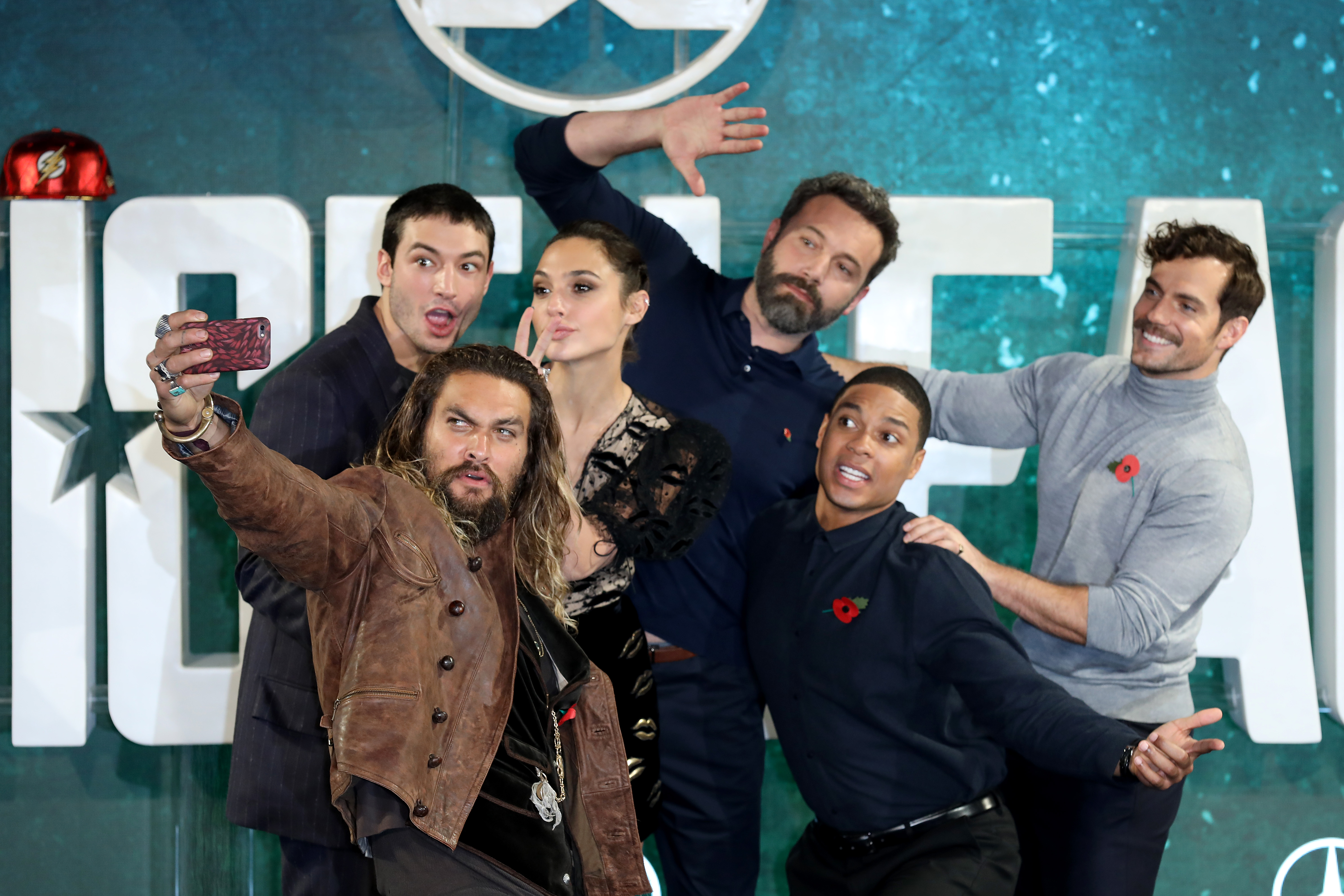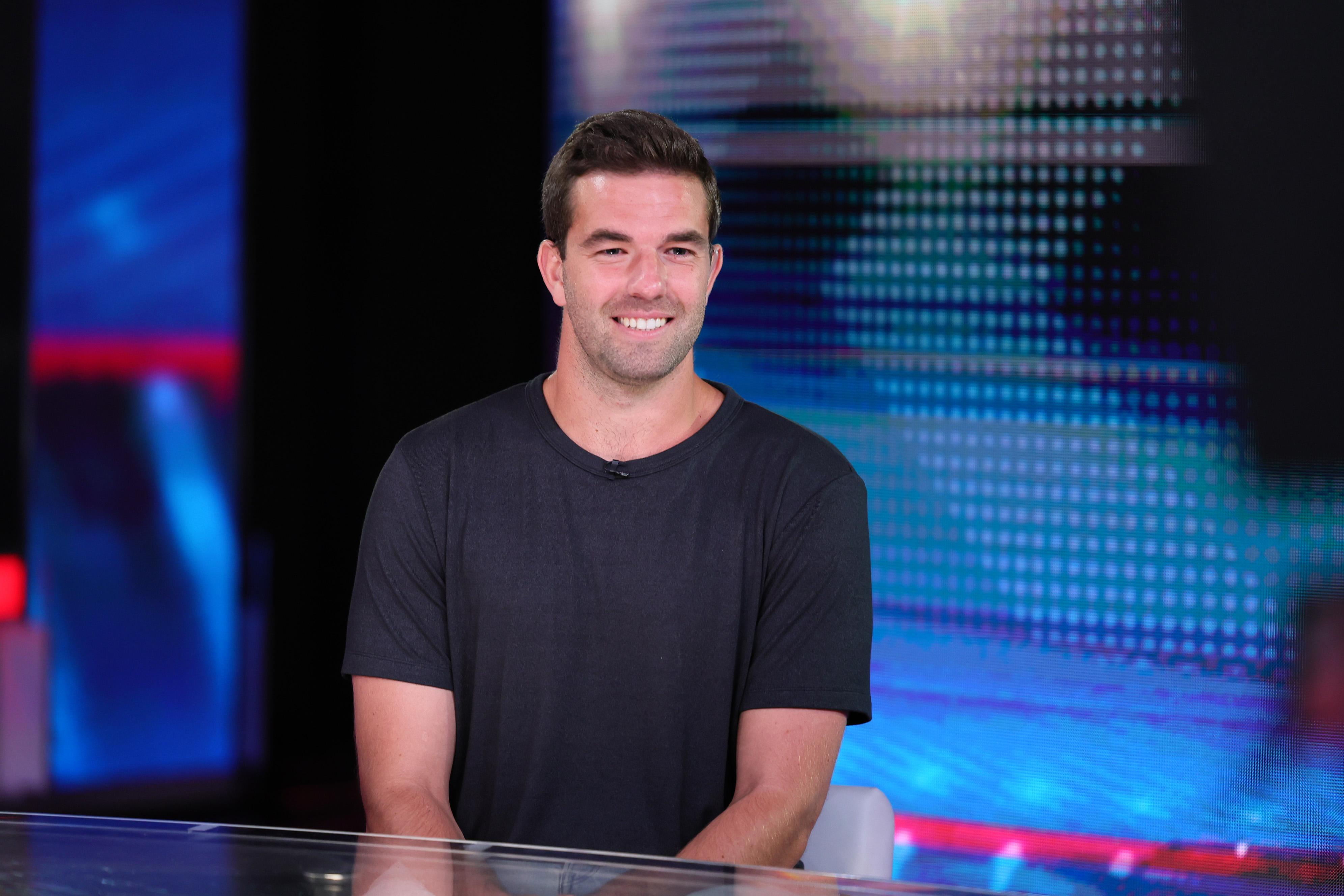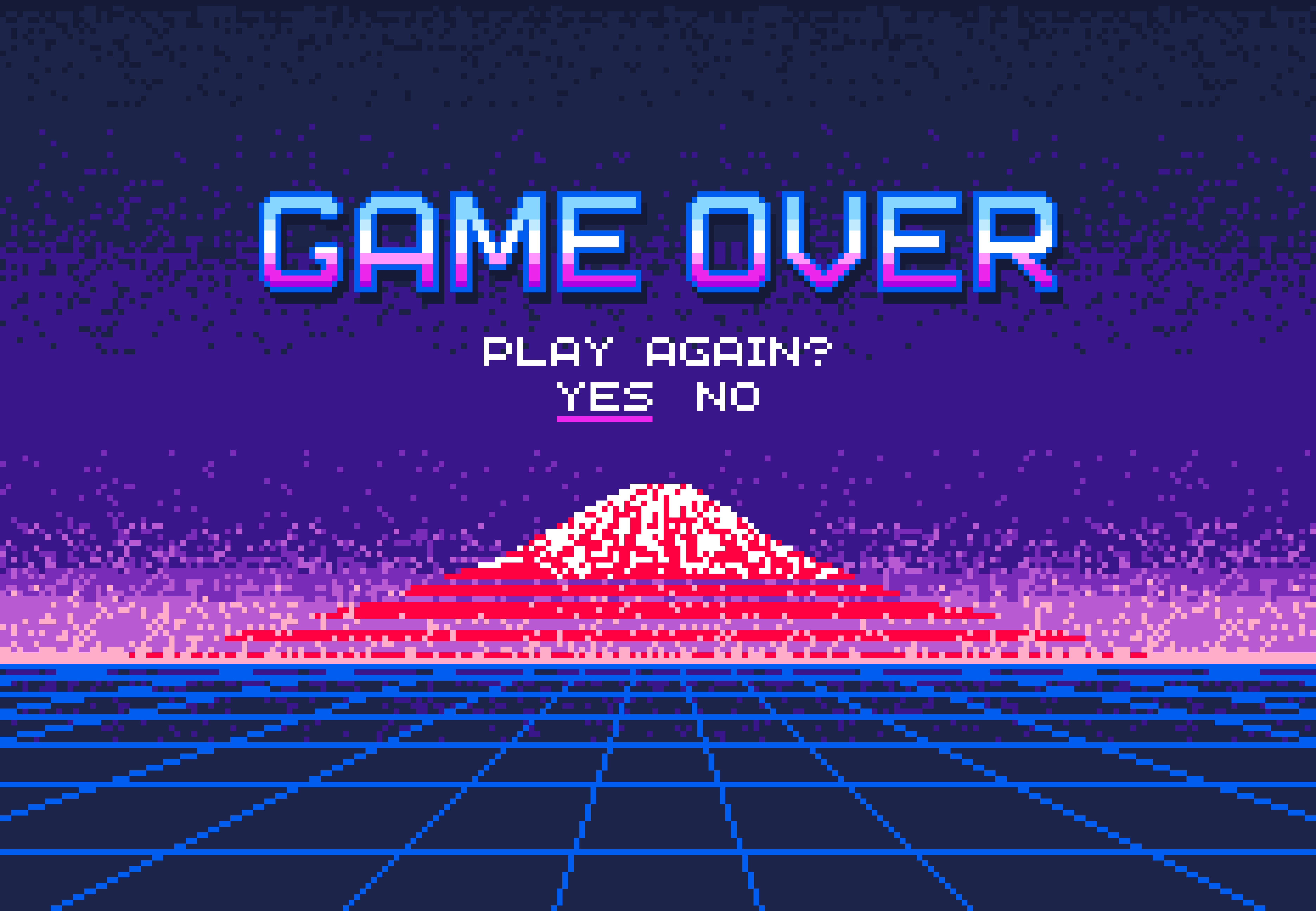The rise and fall of the DC Extended Universe
How DC's grand plans to compete with Marvel came crashing down


A free daily email with the biggest news stories of the day – and the best features from TheWeek.com
You are now subscribed
Your newsletter sign-up was successful
The end of one of Hollywood's most high-profile failed franchises is in sight.
"Blue Beetle," which hits theaters Friday, represents one of the dying gasps of the zombie franchise known as the DC Extended Universe. So how did this interconnected world of superheroes come crashing down, and what lessons can Hollywood learn?
Origin story
In 2012, Marvel changed Hollywood forever with the success of "The Avengers." The studio's risky plan to give several superheroes standalone movies that slowly led into a crossover event paid off, producing one of the biggest blockbusters in history.
The Week
Escape your echo chamber. Get the facts behind the news, plus analysis from multiple perspectives.

Sign up for The Week's Free Newsletters
From our morning news briefing to a weekly Good News Newsletter, get the best of The Week delivered directly to your inbox.
From our morning news briefing to a weekly Good News Newsletter, get the best of The Week delivered directly to your inbox.
But at that point, Marvel's main comic book competitor, DC, was nowhere close to having its own version of "The Avengers" on the big screen. That year, Christopher Nolan concluded his "Dark Knight" trilogy, a series of Batman films that stood on their own. But DC had a Superman reboot from Zack Snyder, "Man of Steel," on the way, and it was announced that the movie could lead to more films in the same universe. Snyder's dark take was divisive, and "Man of Steel" received mixed reviews, but its box office performance was solid. So DC moved ahead with a cinematic universe, and a slate of 10 films was unveiled by 2014, including a "Man of Steel" follow-up and a two-part "Justice League" movie directed by Snyder.
Though Marvel released five films before its first major crossover event, the DC Extended Universe jumped into a team-up movie with its second installment: "Batman v Superman: Dawn of Justice." Snyder's 2016 film was tasked with not only being a "Man of Steel" sequel but setting up DC's equivalent of the Avengers, the Justice League, introducing Batman and Wonder Woman while teasing Aquaman, Cyborg, and the Flash. Snyder also had to make time to kill off Superman, setting up his future resurrection. The result, critics argued, was a mess, and reviews were disastrous. The consensus was that DC erred by rushing into its new universe and stuffing so much into a single movie. After a huge $166 million debut, the film collapsed in its second weekend.
The Hollywood Reporter soon revealed a shake-up was underway, as Warner Bros. was giving oversight of the franchise to executives Jon Berg and Geoff Johns in an attempted course correction. The Wall Street Journal also reported the studio had reworked Synder's "Justice League" to make it "less grim and depressing" than "Batman v Superman."
Fall of justice
DC's next film was "Suicide Squad," another critical catastrophe that director David Ayer later said was forced to undergo reshoots written by Johns because the studio "panicked" over the negative reception of "Batman v Superman." But things were looking up in 2017 with "Wonder Woman," which critics and audiences both loved.
A free daily email with the biggest news stories of the day – and the best features from TheWeek.com
That fall, the moment of truth came for DC with "Justice League," the crossover event where its heroes join forces à la "The Avengers." But after Snyder stepped away from post-production due to a family tragedy, "Avengers" director Joss Whedon substantially reshot the film, emphasizing a lighter tone. Once again, this didn't help, as "Justice League" bombed, and Snyder's plans to continue his universe died.
This led to another shake-up, as Walter Hamada was tapped to oversee DC's films, replacing Berg and Johns. Even before "Justice League," Vulture reported DC planned to de-emphasize connections between movies, and this played out in the following years. So the next DC films, "Aquaman," "Shazam!," "Birds of Prey," "Wonder Woman 1984," and "The Suicide Squad," were largely standalone. DC even started releasing movies not set in the DCEU, such as "Joker" and "The Batman." Critics generally felt the quality improved during this period, but the box office grosses were inconsistent. Marvel had trained audiences to see nearly every one of its films because they connect and build toward crossover events, but DC hadn't engendered that kind of brand loyalty.
In 2022, DC faced another shake-up after Warner Bros. and Discovery merged, and new CEO David Zaslav promised "a reset," tapping James Gunn and Peter Safran to oversee the newly-created DC Studios. By February 2023, Gunn laid out his vision for the "first chapter" of the "DC Universe," confirming the DC Extended Universe was dead. Gunn pledged to ensure this new universe's projects are connected, a break from DC's prior strategy. But there were still several DCEU films to be released, including "The Flash," which called back to "Man of Steel" — and became a massive box office bomb. The DCEU, it seemed, would end with a whimper, and "Blue Beetle" and "Aquaman and the Lost Kingdom" are its final entries.
Ultimately, the DC Extended Universe may be remembered as a cautionary tale of what happens when a studio rushes into a cinematic universe too quickly, suggesting that when it comes to crafting a successful franchise, slow and steady wins the race.
Brendan worked as a culture writer at The Week from 2018 to 2023, covering the entertainment industry, including film reviews, television recaps, awards season, the box office, major movie franchises and Hollywood gossip. He has written about film and television for outlets including Bloody Disgusting, Showbiz Cheat Sheet, Heavy and The Celebrity Cafe.
-
 How the FCC’s ‘equal time’ rule works
How the FCC’s ‘equal time’ rule worksIn the Spotlight The law is at the heart of the Colbert-CBS conflict
-
 What is the endgame in the DHS shutdown?
What is the endgame in the DHS shutdown?Today’s Big Question Democrats want to rein in ICE’s immigration crackdown
-
 ‘Poor time management isn’t just an inconvenience’
‘Poor time management isn’t just an inconvenience’Instant Opinion Opinion, comment and editorials of the day
-
 2023: the year of superhero fatigue
2023: the year of superhero fatigueThe Explainer The year may represent the end of an era for Hollywood
-
 The video game franchises with the best lore
The video game franchises with the best loreThe Week Recommends The developers behind these games used their keen attention to detail and expert storytelling abilities to create entire universes
-
 The buzziest movies from the 2023 Venice Film Festival
The buzziest movies from the 2023 Venice Film FestivalSpeed Read Which would-be Oscar contenders got a boost?
-
 America's troubling school bus driver shortage
America's troubling school bus driver shortageSpeed Read Kids are heading back to school, but they might be having trouble getting a ride
-
 5 college admissions trends to watch out for this year
5 college admissions trends to watch out for this yearSpeed Read College advisers and admissions experts say these trends will shape the 2023-2024 admissions cycle
-
 What's going on with Fyre Festival II?
What's going on with Fyre Festival II?Speed Read Convicted felon Billy McFarland claims the music festival will happen, for real this time
-
 The answer to rising home prices: smaller homes
The answer to rising home prices: smaller homesSpeed Read Builders are opting for fewer rooms and more attached styles as frustrated homebuyers look for affordable options
-
 5 illuminating books about the video game industry
5 illuminating books about the video game industrySpeed Read Cozy up with a few reads that dig into some of the most fascinating parts of video game history
